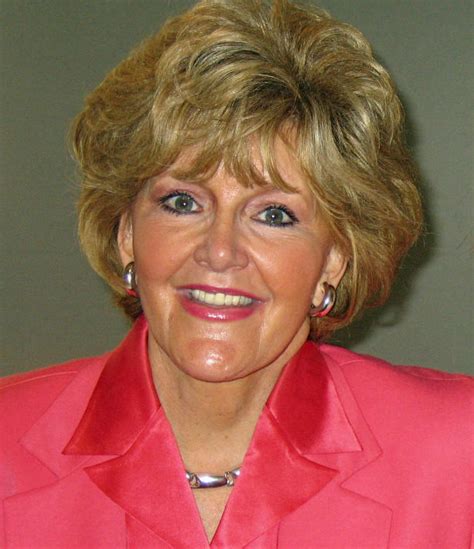A Quote by Meghan Daum
As humans with egos and feelings, none of us wants to be pilloried. But as thinkers and writers, it's our job to express opinions forthrightly and without qualifying them out of existence.
Related Quotes
In the job of a member of the Supreme Court of the United States, you're going to make decisions. You'll say things that some people are going to love them, some people are going to hate them. It's just part of the job. And so I respect the right of individuals to have strongly held opinions and to express those opinions in our country.
Everybody has opinions: I have them, you have them. And we are all told from the moment we open our eyes, that everyone is entitled to his or her opinion. Well, that's horsepuckey, of course. We are not entitled to our opinions; we are entitled to our informed opinions. Without research, without background, without understanding, it's nothing. It's just bibble-babble. It's like a fart in a wind tunnel, folks.
Real writers-that is, capital W Writers-rarely make much money. Their biggest reward is the occasional reader's response.... Commentators-in-print voicing big fat opinions-you might call us small w writers-get considerably more feedback than Writers. The letters I personally find most flattering are not the very rare ones that speak well of my editorials, but the occasional reader who wants to know who writes them. I always happily assume the letter-writers is implying that the editorials are so good that I couldn't have written them myself.
We have to hear the stories of women at all ages of their lives in order to really present a picture of what it felt like to be alive in our time. That's what our job is as writers is to present that and create it. Our job as writers isn't to make as much money as we can. Our job is to create a record of this time. That's why if you leave out women and the stories of women, we failed at our mission. All of us. Men and women.
Humans — who enslave, castrate, experiment on, and fillet other animals — have had an understandable penchant for pretending animals do not feel pain. A sharp distinction between humans and 'animals' is essential if we are to bend them to our will, make them work for us, wear them, eat them — without any disquieting tinges of guilt or regret. It is unseemly of us, who often behave so unfeelingly toward other animals, to contend that only humans can suffer. The behavior of other animals renders such pretensions specious. They are just too much like us.
What signifies, says some one, giving halfpence to beggars? they only lay it out in gin or tobacco. "And why should they be denied such sweeteners of their existence (says Johnson)? it is surely very savage to refuse them every possible avenue to pleasure, reckoned too coarse for our own acceptance. Life is a pill which none of us can bear to swallow without gilding.
Vanity, fear, desire, competition - all such distortions within our own egos - condition our vision of those in relation to us. Add to those distortions to our own egos the corresponding distortions in the egos of others, and you see how cloudy the glass must become through which we look at each other.
... social roles vary in the extent to which it is culturally permissible to express ambivalence or negative feelings toward them.Ambivalence can be admitted most readily toward those roles that are optional, least where they are considered primary. Thus men repress negative feelings toward work and feel freer to express negative feelings toward leisure, sex and marriage, while women are free to express negative feelings toward work but tend to repress them toward family roles.
Jesus . . . wants us to see that the neighbor next door or the people sitting next to us on a plane or in a classroom are not interruptions to our schedule. They are there by divine appointment. Jesus wants us to see their needs, their loneliness, their longings, and he wants to give us the courage to reach out to them.



































